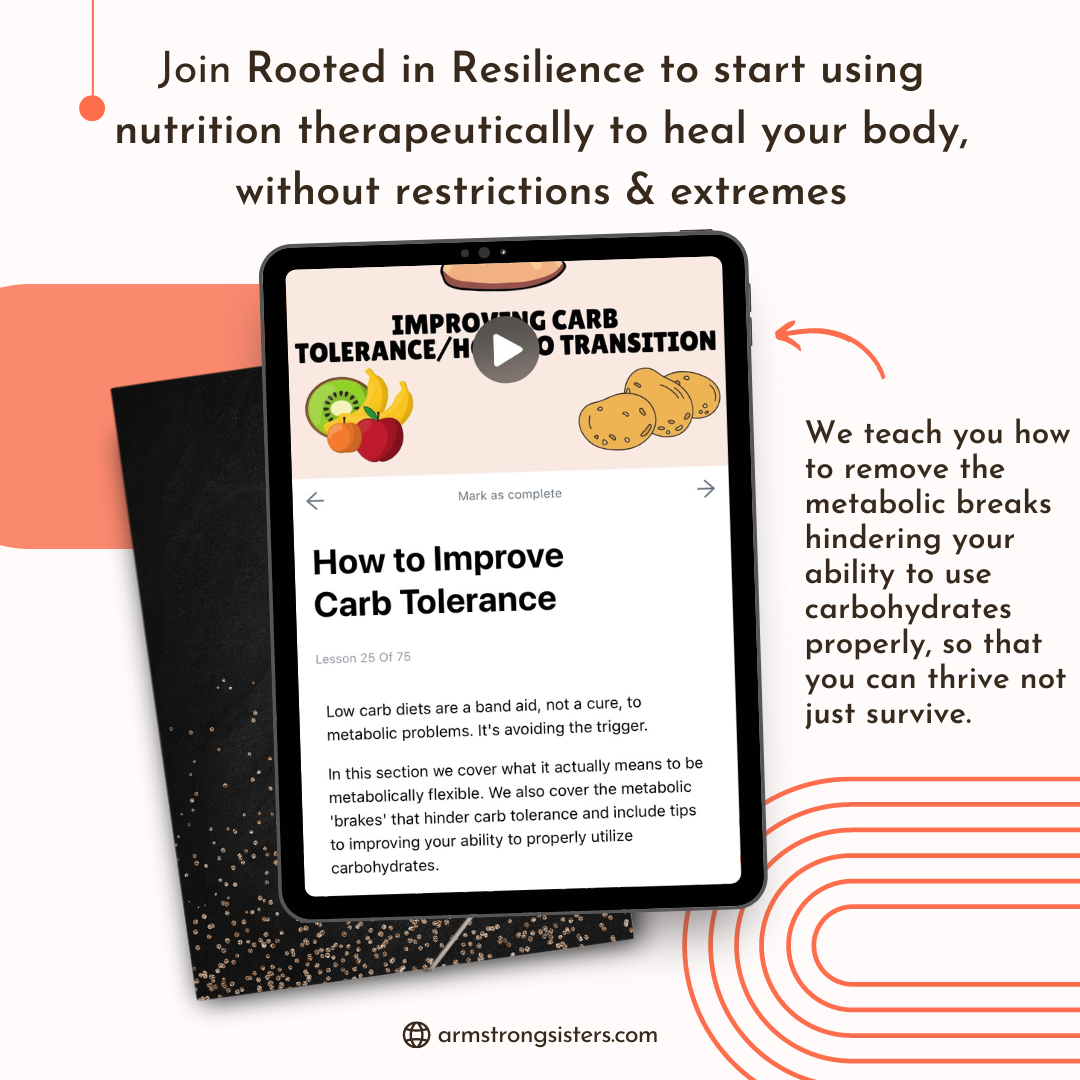Why we no longer recommend low carb diets
Feb 08, 2023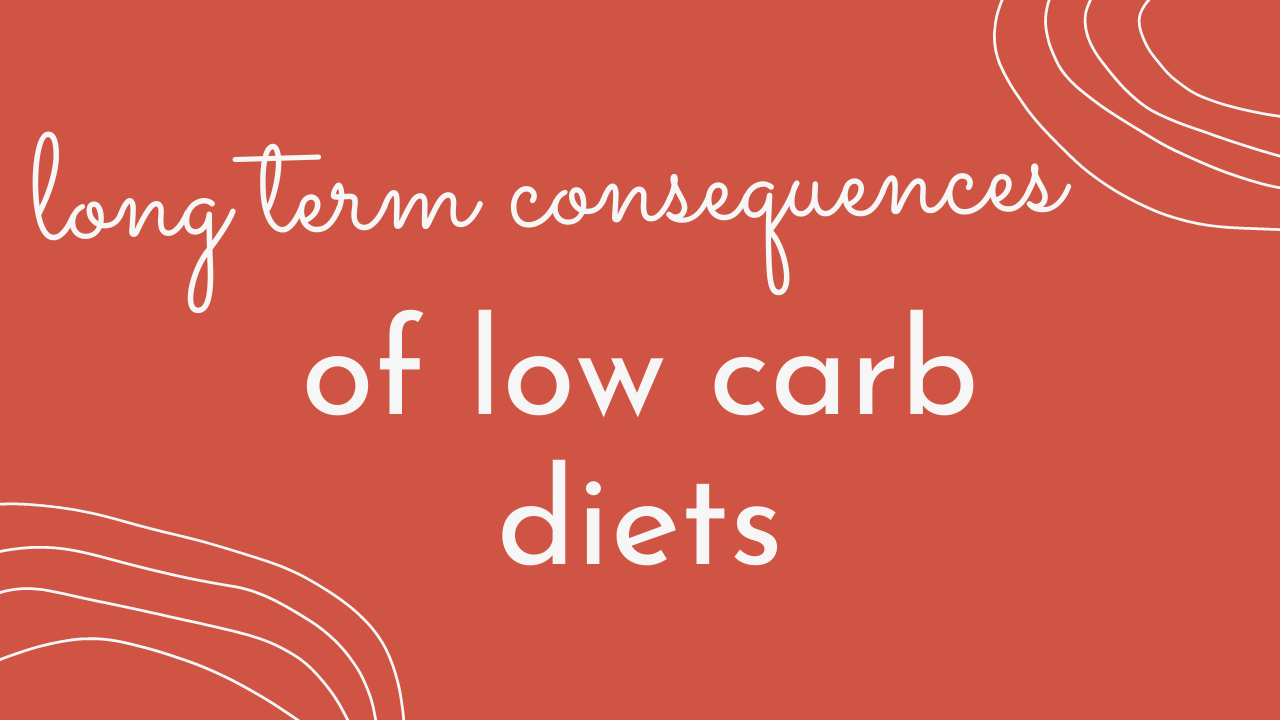
I am here to talk about carbs again. And discuss two concerns I have about low/zero carb approaches, in the long term.
We have received a number of messages and comments these past few weeks along the lines of "but our body can make all the carbs it needs! They are a non essential nutrient" (forgetting or not knowing that we used to live and breath this, I'll admit, very dogmatically, in the past - 'when you know better, you do better').
This gif was so us back in the day when we didn't understand human physiology, and were lost, desperate, and confused on our health journey since 'plant-based' didn't work for us. We initially felt great, removing hard to digest and excessive intakes of fiber, and finally getting bioavailable nutrients from animal products. But running without carbs felt good, until it didn't...

But yes, this is true. The body can make it's own carbs since carbs are essential for survival. Certain parts of our body require carbs to function and cannot use fatty acids or ketones for energy.
Some examples include:
- red blood cells
- CNS cells
- reproductive organs
- kidney medulla
- tissues in the eye
- muscles during strength training
- at least part of the brain (yes, ketones can fuel ~70% of its energy demand on a low carb diet. Otherwise, 100% of the energy is made from glucose.)
Thus, it is essential that the body maintains a minimum blood glucose concentration to supply at least these cells with glucose.
To fulfill these needs, a body on a low carb diet will thus rely more on gluconeogenesis - a metabolic pathway that results in the generation of glucose from non-glucose substrates (dietary protein, dietary fat, our own muscle tissue, etc.) (ref)
But a counter to this 'our body can make all the carbs it needs' is that our body can also make fat inside of our body (ref) if we don't consume it dietarily.
Is this optimal?
Of course not.
There is always some level of gluconeogenesis happening in the background. But this process gets unregulated when restricting dietary carbs.
Are there long term consequences to rely on this pathway excessively? Long term consequences to make our bodies generate carbs rather than consume them dietarily?
Whether or not excessive gluconeogenesis is a good or bad thing depends on how you define health.
Under the 'pro metabolic' (aka bioenergetic) lens, a healthy body is really good at converting the food we eat into energy to maximize ATP (cellular energy) production. This is a strong and robust metabolism.
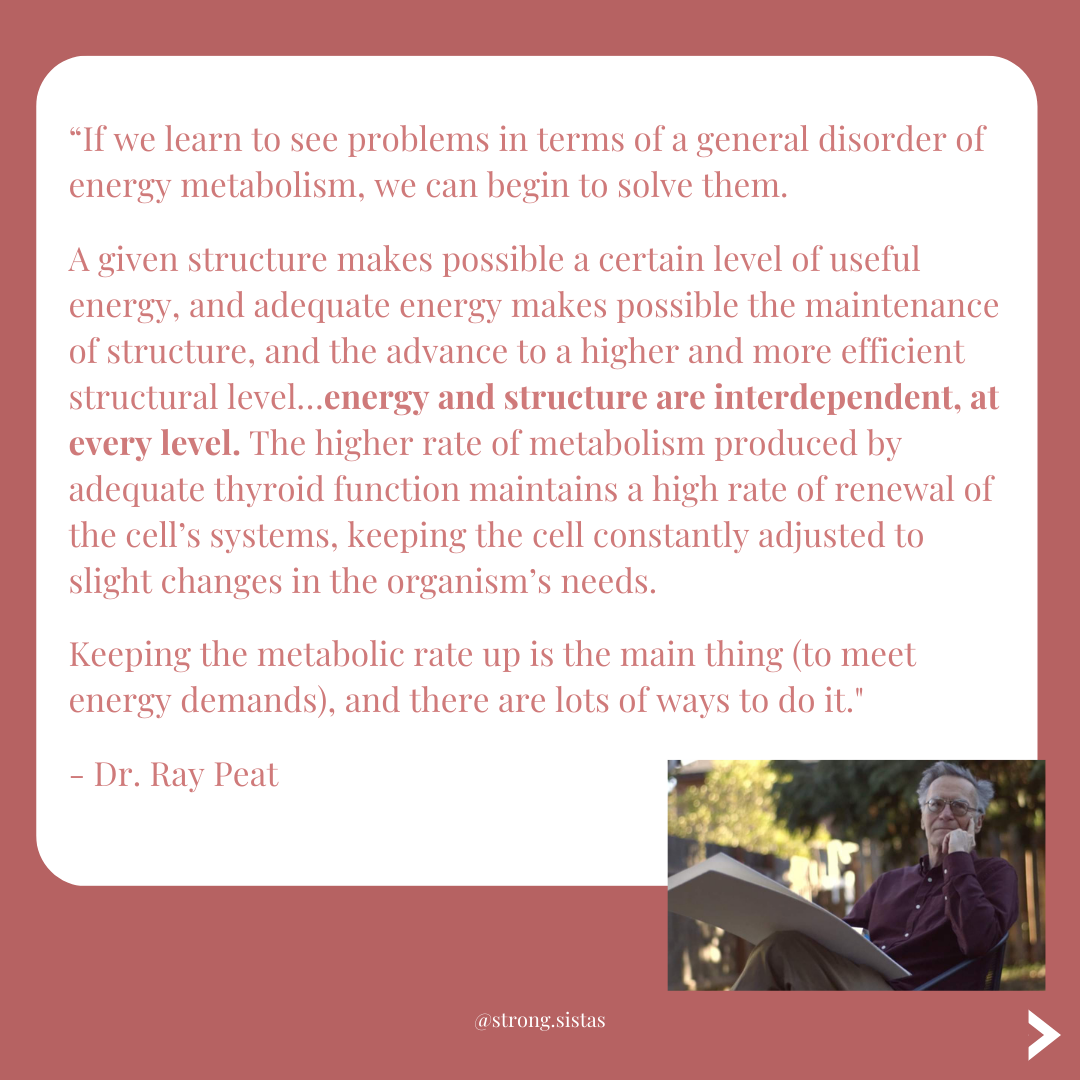
The more energy (ATP) our body produces from the food we eat, the more functions our body can run. The more we will thrive, not just survive.
The less ATP our body has, the more 'non essential tasks' will need to be down regulated in order to prioritize the essential tasks to keep us alive.
A thriving body will then have the following characteristics:
- high body temps (waking temps high 97s/low 98s - reaching 98.6 deg F mid day)
- daily poop(s)
- strong libido & hormone production
- good sleep
- strong hair and nails
- high T3, low TSH
- good energy
If you have these things, GREAT! Don't change a thing!
But here are two concerns I have about long term excessive gluconeogenesis:
1) Gluconeogenesis is not efficient and requires the investment of a lot of energy
Overall, 6 ATP worth of energy is invested to produce one molecule of glucose, which gives us only 2 ATP when broken down through glycolysis.
It's like trading $6 bills for $2 bills.
"One of the most pervasive themes in biology is the drive to conserve energy. That we will spend this much energy synthesizing glucose is a testament to how essential it is to our life and well being." - Chris Masterjohn, PhD
This is expensive and not efficient, using up valuable energy reserves slowly over time - why would our body choose this pathway unless it absolutely needs to?
And since gluconeogenesis largely occurs in the liver, why would we want to burden the liver even more when it already has over 500 functions and is busy detoxing for us?
2) Gluconeogenesis is regulated by stress hormones
"Gluconeogenesis is stimulated by the diabetogenic hormones (glucagon, growth hormone, epinephrine, and cortisol)." (ref)
While there are some studies showing that fat adapted athletes do not have higher blood cortisol levels, we have to remember that tissue and blood levels of cortisol can be different (ref), and it is hard to easily measure tissue levels of cortisol.
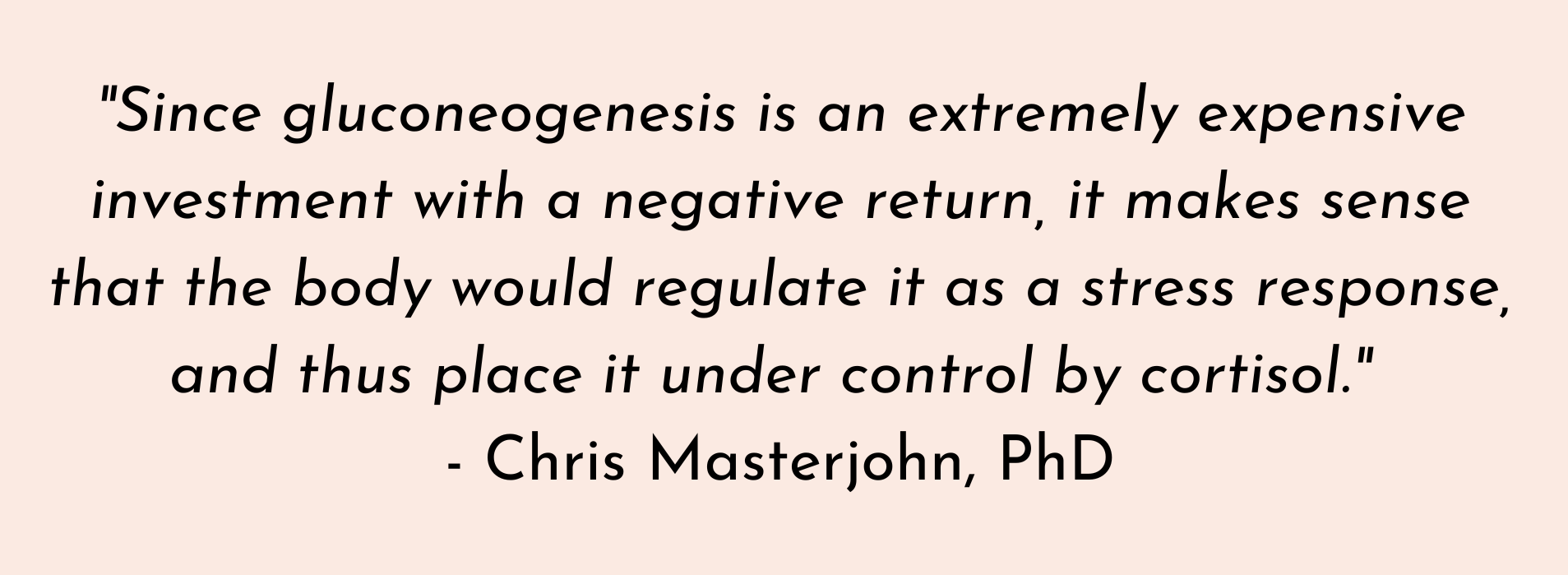
Elevated stress hormones will be very catabolic in the long run. Meaning, muscles can get wasted away slowly over time.
We were in denial at the time, but our lifting numbers and muscle mass went DOWN while we were low/zero carb.
For these individuals you may idolize that eat zero carb and strength train - you have to ask yourself, did they build their muscle before switching to this no carb lifestyle? And are not just maintaining or very slowly losing muscle over time? Have you seen DEXA scans before and after? Dr. Peter Attia (who used to be a proponent of keto and fasting), noticed for himself and a number of his patients who were strength training and consuming low carb ‘body recomp gone wrong’. Over time (over a few years), himself and his patients maintained their weight. But in the background, they were losing muscle tissue (due to excessive gluconeogenesis) and increased fat mass. That doesn’t sound ideal to me?
Can you gain muscle on a low carb/zero carb diet - sure! There are always exceptions. But why would you choose the harder path? (If this was a better way to build muscle, trust me, bodybuilders would be keto or zero carb. But they aren't...)
This type of zero carb muscle building approach is such a delicate balance of your fat and protein macros. You need to consume high fat to provide energy and get you into ketosis. But if you don’t consume enough protein, your body will break down your muscle tissue at higher rates to get ahold of some amino acids. But too high of protein will kick you out of ketosis due to higher rates of gluconeogenesis…
Of course, going from a crappy standard American diet to a whole food, low/zero carb approach will bring tremendous benefits. And again, if you are doing well - don't change a thing!
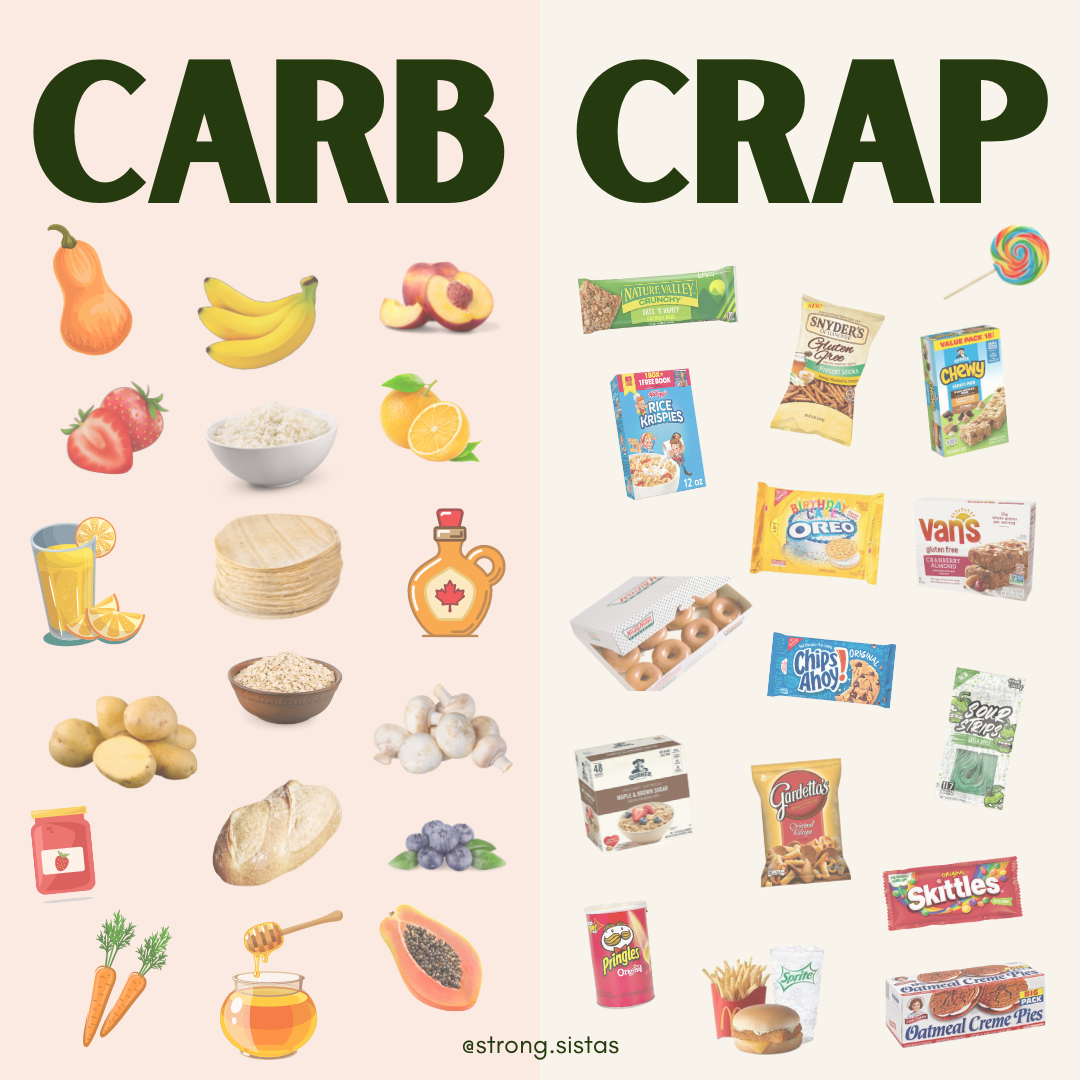
And remember, if you haven't consumed carbs in a long time and add them in abruptly, how can you expect your body to know what to do with them? Being low carb for a long period of time will induce physiological insulin resistance.
"The reduction of glycemia seen in low carb dieting is not a sign of increased insulin sensitivity, but simply a removal of the challenge" - Mamounis, PhD (ref)
It's like skipping leg day since you don't have strong leg muscles. But you don't experience any pain since the leg muscles weren't worked.
We dive into reversing out of a low carb diet, the downsides of long term low carb eating, the best types of carbs, how many carbs, etc. in our course, Rooted in Resilience, which is now just $29.99 / month.
After about 1-1.5 years of taking a low carb approach, we finally 'woke up' that we were driving ourselves into the ground. It felt good, until it didn't...
Excessively relying on gluconeogenesis down regulated our metabolisms and thyroid health over time. And under the 'bioenergetic lens' - that is just surviving, not thriving. Short term band-aid solution, not long term, sustainable health.
Carb restriction doesn't make any sense when you learn human physiology. If we understand how our body works, why not give it what it needs?
Gluconeogenesis is an inefficient and 'expensive' process, that uses up valuable energy when the process is unregulated.
Not consuming carbs may 'work' and provide digestive relief (relative to a diet filled with hard-to-digest carbs and high amounts of PUFAs). But at what cost? What processes and functions will get down regulated to allow for this excessive gluconeogenesis?
Sleep problems? Digestive issues? Hair loss? Hormonal problems? Low libido? Low energy? Skin issues?
Yes, we used to live and breathe this dogma. And we were wrong. But we continue to share today in hopes of helping others who we may have harmed along our brief ~1-1.5 year 'derailment'. Over 3 years later, it feels really, really good to be back on track.
If what you are doing now is working for you (high body temps, good sleep, good poops, strong libido & hormones, good skin and hair health, and are happy/treat people kindly) - don't change a thing.
But if you are pushing a diet ideology that has led you on a hamster wheel of weight, binge, and health cycles - don't be afraid to step outside of your comfort zone and try something new.
"Think, perceive, act" - Dr. Ray Peat

